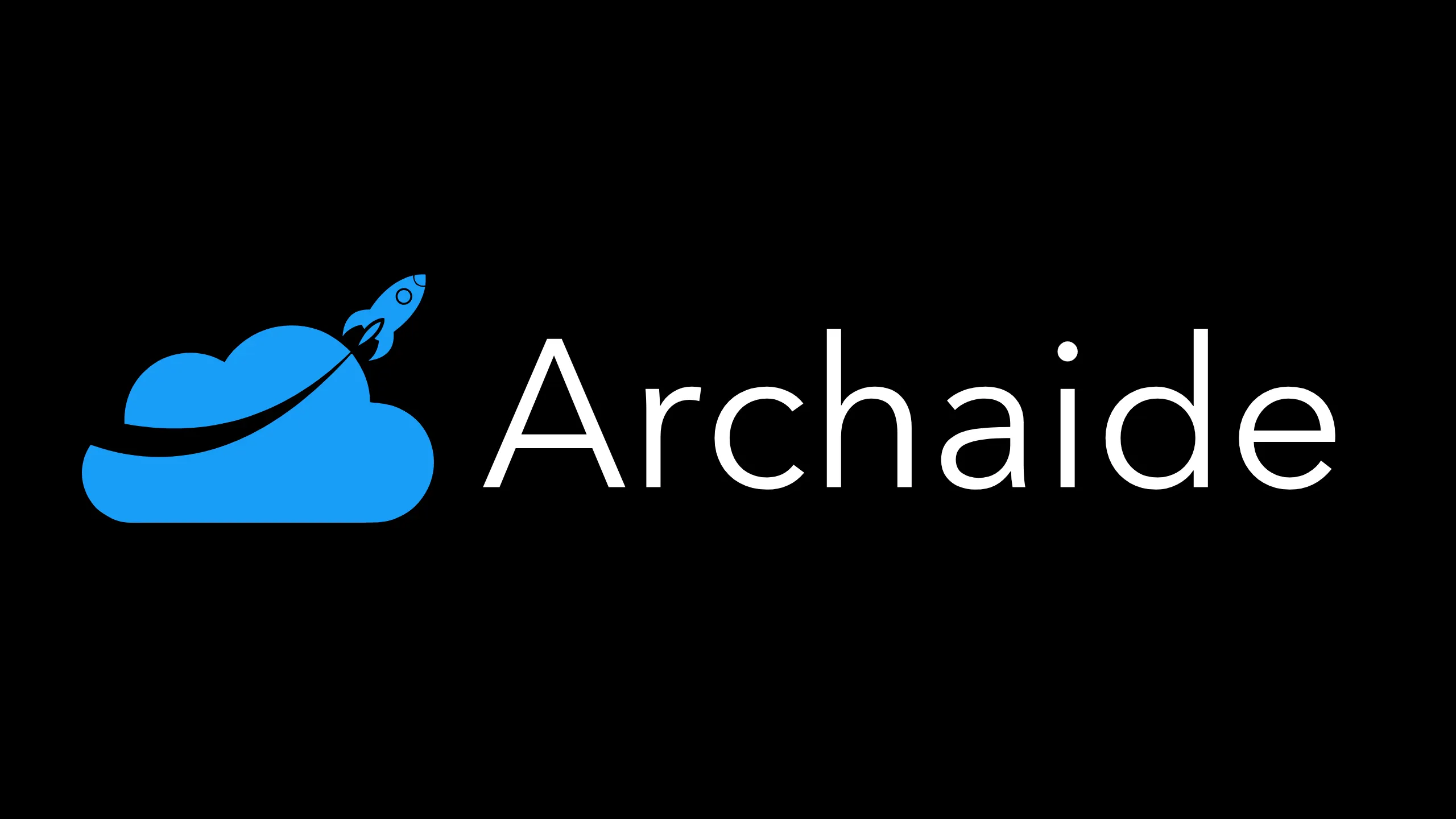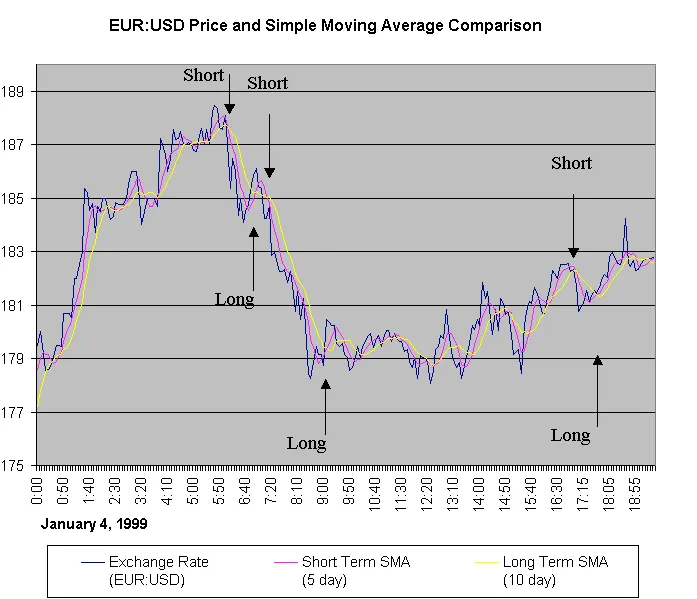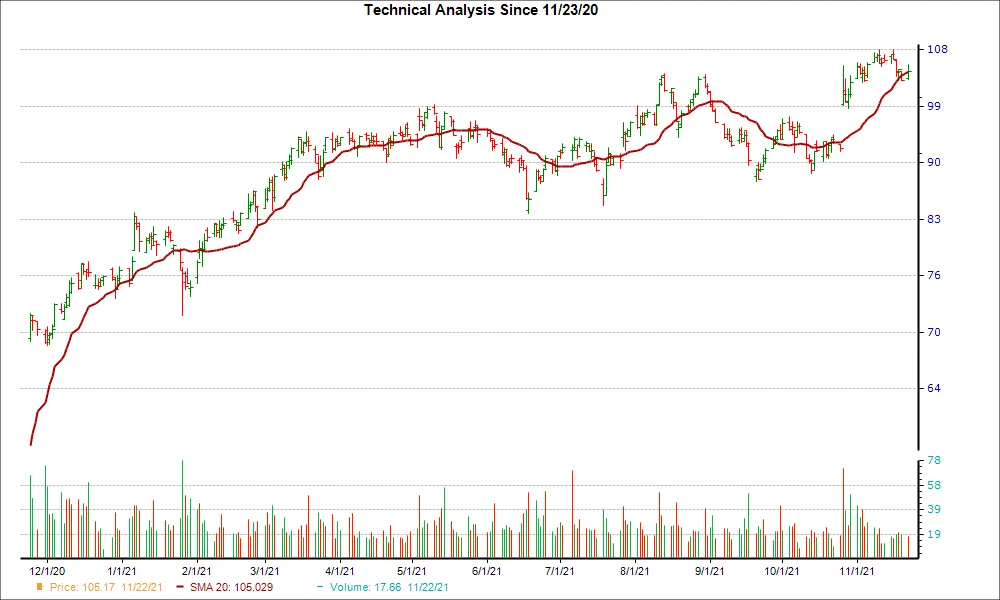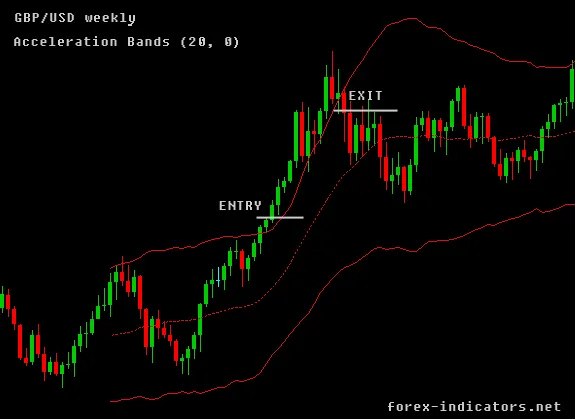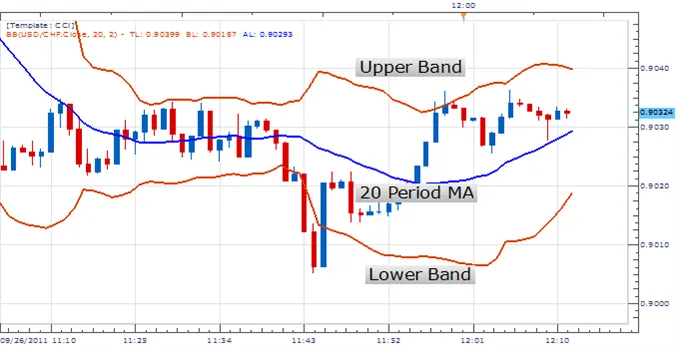What Are Option Premiums?
By Samantha Baltodano
TL;DR:
The option premium is the price that an investor pays for an option contract, which gives the holder the right to buy or sell a security at a predetermined price on or before a certain date.
It is made up of the intrinsic value, which is the difference between the strike price and the market price of the underlying security, and the time value, which is the portion of the premium attributed to the length of time remaining until expiration.
What Are Option Premiums?
An option premium is the price that an investor pays for an option contract. An option is a financial contract that gives the holder the right, but not the obligation, to buy or sell a security at a predetermined price on or before a certain date.
The option premium is made up of two components: the intrinsic value and the time value.
The Intrinsic Value
The intrinsic value is the difference between the strike price (the predetermined price at which the option can be exercised) and the market price of the underlying security.
If the market price of the underlying security is above the strike price, the option has intrinsic value.
For example, if a stock is trading at $50 and an option gives the holder the right to buy the stock at $45, the intrinsic value of the option is $5.
The Time Value
The time value is the portion of the option premium that is attributed to the length of time remaining until the option expires.
The time value decreases as the option gets closer to expiration because there is less time for the underlying security to move in a favorable direction.
What Affects Option Premiums?
There are several factors that can influence the option premium, including the market price of the underlying security, the strike price, the time remaining until expiration, and the volatility of the underlying security.
Use Case
Investors can use options to hedge against potential losses, generate income, or speculate on the direction of a security's price.
However, options are complex financial instruments and they involve a high level of risk.
As a result, it is important for investors to understand the mechanics of options and the risks involved before using them as part of their investment strategy.
Summary
- The option premium is the price that an investor pays for an option contract
- It is made up of the intrinsic value, which is the difference between the strike price and the market price of the underlying security, and the time value, which is the portion of the premium attributed to the length of time remaining until expiration
- The option premium is influenced by several factors, including the market price of the underlying security, the strike price, the time remaining until expiration, and the volatility of the underlying security
Like what you read? Check out the rest of our content!
